The Role of LNG in Maritime Decarbonization: Opportunities and Challenges
As the maritime industry intensifies efforts to reduce its carbon footprint, Liquefied Natural Gas (LNG) has emerged as a leading transitional fuel. Recent trends highlight the opportunities and challenges of LNG vessels in maritime decarbonization. While LNG offers immediate emissions reductions and regulatory compliance benefits, concerns such as methane emissions and evolving alternative fuels require careful consideration.
Opportunities for LNG in Maritime Decarbonization
1. Increased Adoption and Fleet Expansion
LNG’s role in the energy transition of shipping is becoming more pronounced. As of December 2024, 1,381 dual-fuel vessels were in operation, and an additional 849 were on order, reflecting a 61% expansion of the LNG-capable fleet. Notably, 14% of all ships on order are equipped with LNG dual-fuel engines. This growth underscores LNG’s increasing relevance in modern shipping fleets.
2. Regulatory Compliance and Emission Reductions
LNG enables shipowners to meet stringent environmental regulations by significantly lowering sulfur oxides (SOx), nitrogen oxides (NOx), and particulate matter emissions. Compliance with IMO 2020 and upcoming net-zero emission goals makes LNG a viable option for maritime stakeholders navigating evolving regulations.
3. Infrastructure Investments
Global investments in LNG bunkering infrastructure are expanding, facilitating the more widespread adoption of LNG-powered vessels. Major ports worldwide are increasing LNG refueling capabilities, making the fuel more accessible and reducing the logistical challenges previously associated with its use.
Challenges of LNG Adoption in Maritime
1. Methane Emissions and Environmental Concerns
Despite its advantages, LNG is not without its challenges. Methane slip—releasing unburned methane into the atmosphere—remains a significant concern. Since methane is a potent greenhouse gas, developing advanced engine technologies and emission reduction strategies is crucial to maximizing LNG’s environmental benefits.
2. Regulatory Uncertainties
Fragmented regulatory frameworks can hinder progress in decarbonization efforts in the maritime industry. Coordinated global action is necessary to provide clear guidelines and long-term support for LNG adoption and ensure stability in compliance measures across different regions.
3. Competition from Emerging Alternative Fuels
The rise of alternative fuels such as green hydrogen, ammonia, and biofuels presents competition to LNG. While LNG is a transitional fuel, ongoing research and innovation in zero-emission fuels may influence its long-term viability within the maritime sector.
Conclusion
LNG is critical in the maritime industry’s decarbonization journey, offering immediate emission reductions and regulatory compliance benefits. However, addressing environmental concerns, navigating regulatory complexities, and adapting to emerging fuel technologies are essential for maximizing LNG’s potential in achieving sustainable maritime operations.

